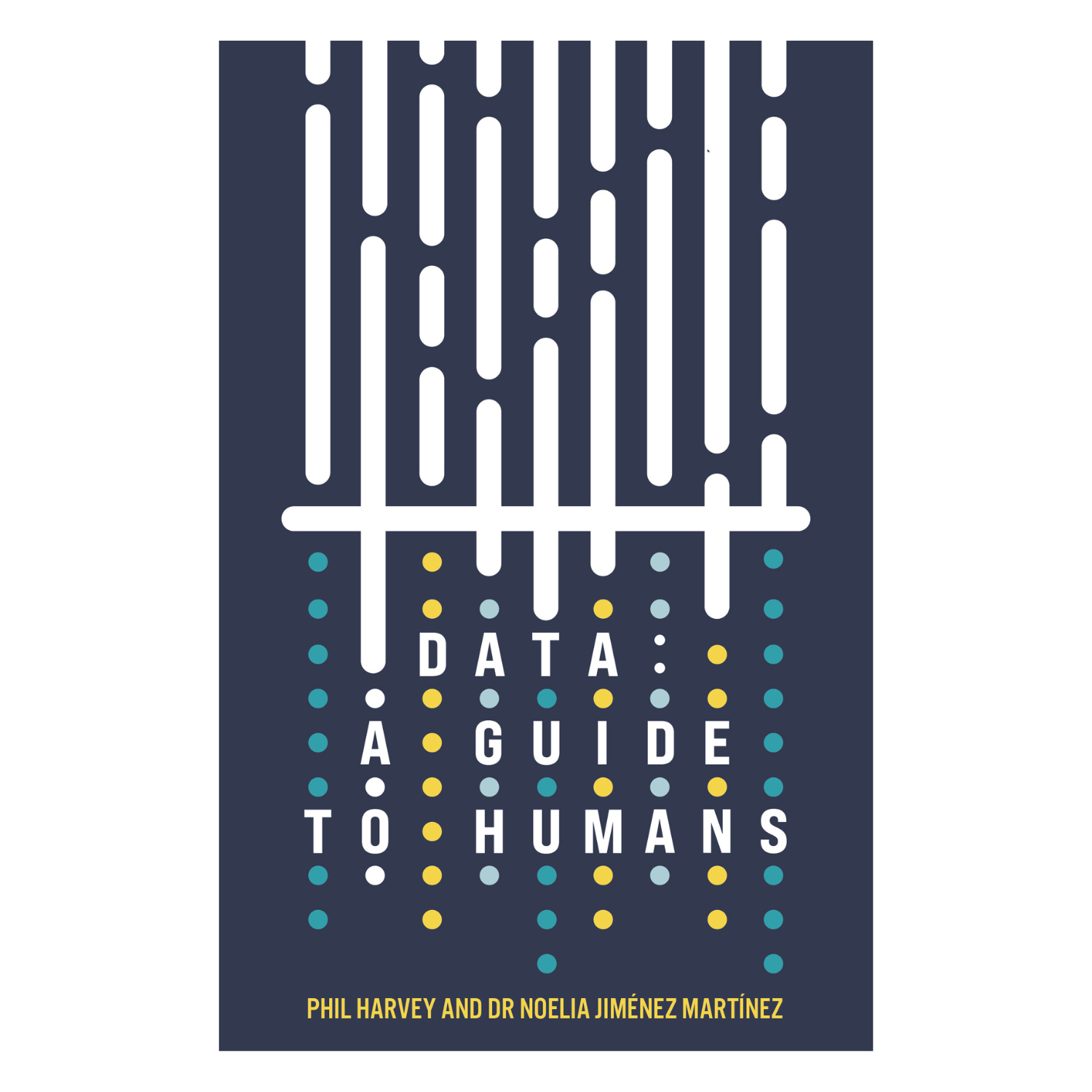
- Home
- Data: A Guide to Humans
Data: A Guide to Humans
About The Book
Data is humanity’s most important new resource. It has the capacity to provide insight into every aspect of our lives, the planet and the universe at large; it changes not only what we know but also how we know it. Exploiting the value of data could improve our existence as much as – if not more than – previous technological revolutions.
Yet data without empathy is useless. There is a tendency in data science to forget about the human needs and feelings of the people who make up the data, the people who work with the data, and those expected to understand the results. Without empathy, this precious resource is at best underused, at worst misused.
Data: A Guide to Humans will help you understand how to properly exploit data, why this is so important, and how companies and governments are currently using data. It makes a compelling case for empathy as the crucial factor in elevating our understanding of data to something which can make a lasting and essential contribution to your business, your life and maybe even the world.
Be a part of our community! 334,112 people from 207 countries have pledged £11,980,334 to fund 646 projects - and counting!
